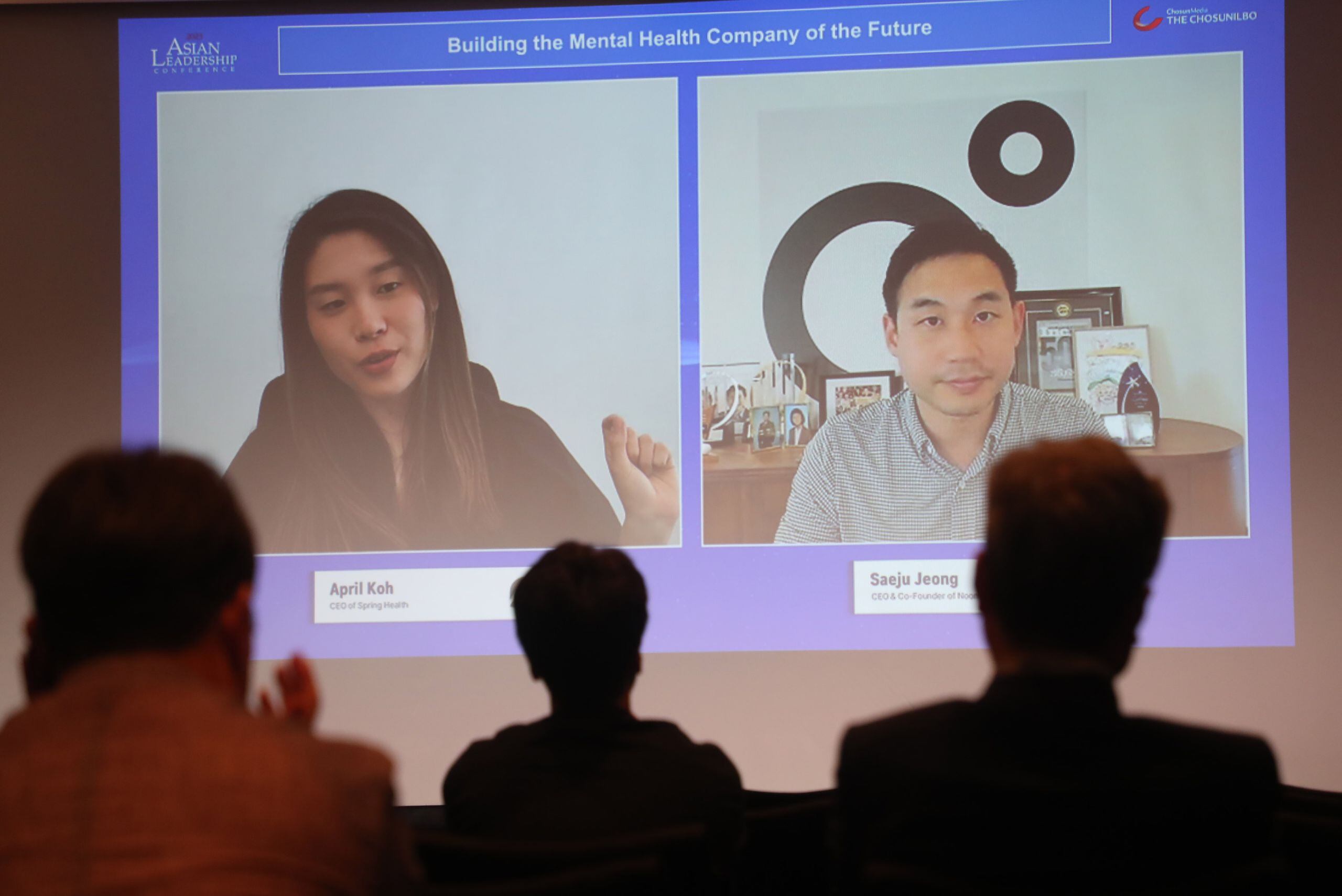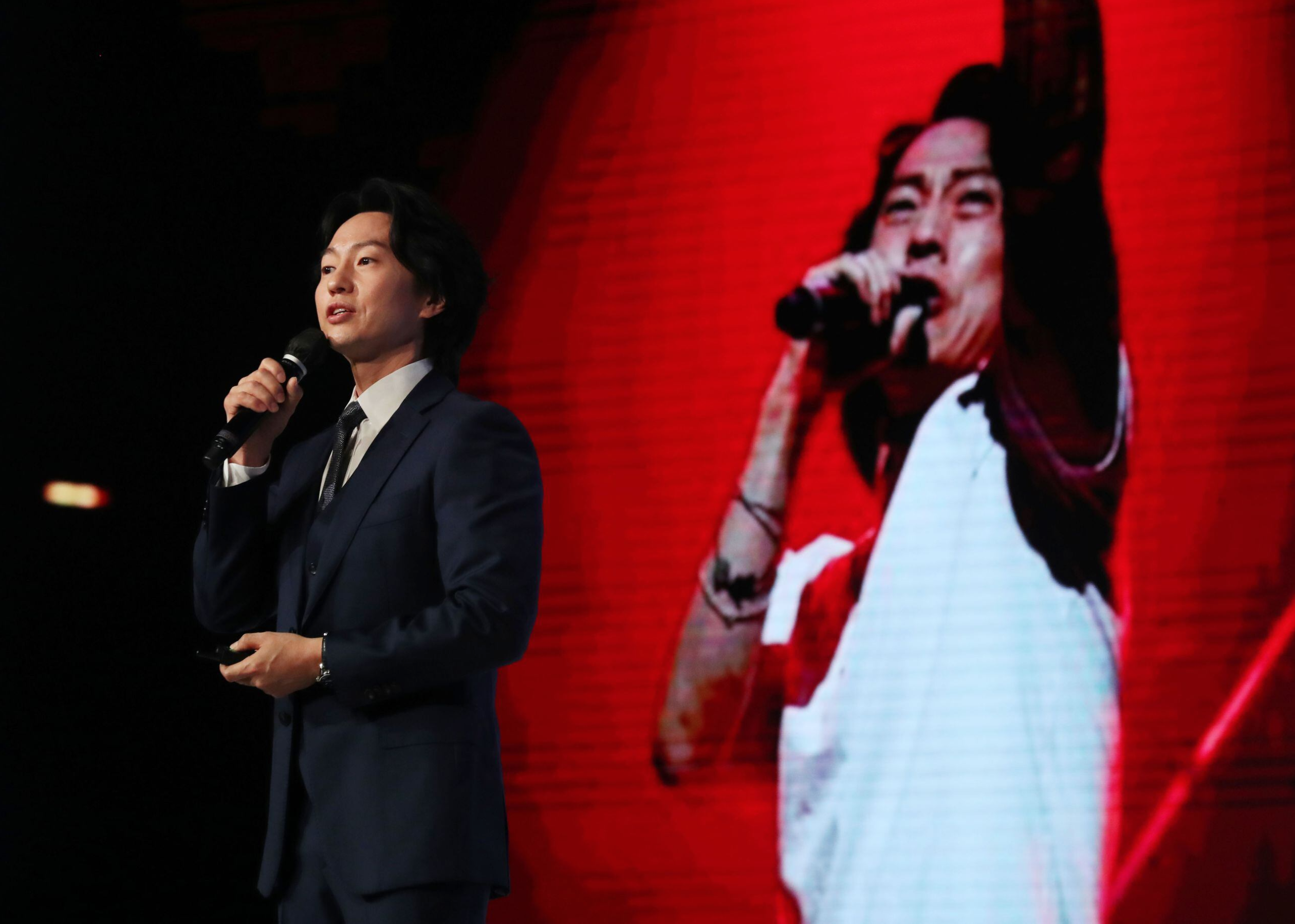Everywhere red and blue flags are up. It’s Malaysian independence day. Aug. 31 is always Merdeka Day. But this year, there seems to be a stronger sense of hope and optimism in the new government led by Prime Minister Dr. Mahathir Mohamad and the “Pakatan Harapan” (Pact of Hope) coalition. Without a doubt, Malaysians are pinning their hopes on a leadership of change, one that truly personifies “Suara Malaysia” (the voice of Malaysia).
The current narrative is that of Malaysian Prime Minister Dr. Mahathir Mohamad, a 92-year old man taking up the cudgels of political leadership and housekeeping. And it’s seemingly enough to galvanize Malaysians to work together towards a “Malaysia Baru” (new Malaysia). In May, Malaysians overwhelmingly – and shockingly – voted out the ruling Barisan Nasional (BN). A coalition of parties, the BN had dominated Malaysian politics since 1957. For many Malaysians, ending BN’s corruption-marred reign had an unmistakable crusading vibe to it.
In recent months, Malaysians have witnessed the resignation of several top government honchos, transparent assessments of the country’s debt portfolios, and corruption exposés at the highest levels of power in the country. Also cause célèbre for many are the criminal charges awaiting former Prime Minister Najib Razak, who has been accused of pocketing millions of dollars in 1MDB government funds. Besides championing justice, many Malaysians look forward to fresh, inclusive policies that will benefit its citizens, regardless of race or religion.
‘Politics of change’
Malaysia is truly finding its way as the country steps into an unknown future. And it is precisely this uncertainty that makes leadership a grounding factor in the political arena. The new face of Malaysian leadership will have to wade neck-deep into the politics of change. This is on top of the already daunting task of cleaning house. Bringing about the major shift from BN leadership was all about momentum and the compelling discourse of radical change. Now that same momentum needs to be sustained. This depends on the key players’ ability to shift strategies when necessary, engage players who seem like “enemies,” and eat and breathe change management.
The political landscape has quite literally changed overnight. Many are rooting for the new government and the progress it promises. One of their main challenges is to astutely identify strong allies, the undecided, and the critics. It is also crucial to get on board influencers who can shape public opinion and include as many stakeholders in the conversation.
While support for the new leadership has been overwhelming, not everyone is happy. There will be a constant need to zero in on public fears before they bubble to the surface. Change is good, but it can be scary. Another political challenge is finding out different interest groups’ concerns, addressing them, and recognizing and acknowledging specific issues and policies that matter to them.
Not easy
Undoubtedly, the word “merdeka” meaning “independent” or “free” in Bahasa Malaysia, has taken on a deeper meaning this year. It’s been 61 years since Malaysia’s independence from a foreign power. Today, Malaysians are looking to a leadership that seeks change and integrity in all aspects of public governance. No doubt, it’s going to be an uphill climb.
For an individual, freedom is not just about an unrestricted physical state. Freedom is the animator of one’s professional, emotional, psychological, and spiritual life, finances, and health. For Malaysia, the over-all future looks upbeat. And a robust political leadership will hopefully continue to be a spark plug for change.
By: Rajeswari Rush Ramanee and Nirva’ana Ella Delacruz

